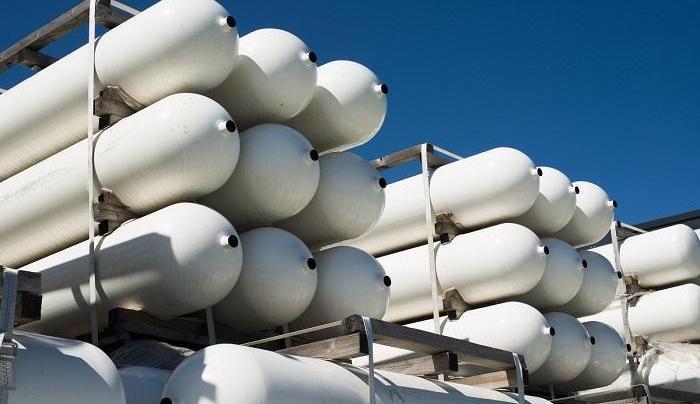Nigerians face a worsening power crisis as gas producers halt supply to generation companies (GenCos) due to a staggering N2.7 trillion debt.
This is as stakeholders in the nation’s power sector have flayed the continuous increase in the debt profile of generation companies to gas suppliers even after the increase in electricity tariff to Band A customers
The debt bludgeoned from N2 trillion as at March 2024, to N2.7 trillion as confirmed by the chief executive officer of the Association of Power Generation Companies, Dr. Joy Ogaji.
With over 70 per cent of Nigeria’s power reliant on gas, urgent intervention is needed to prevent further disruptions in the power supply.
Inefficiencies in the value chain of the power sector have been identified as key to rising debt profile within the industry.
Debt profile has reportedly risen to about N2.7 trillion in in 2024 due to what industry experts linked to poor governance structure and collection inefficiencies
A power sector analyst, C-don Adinuba, told our Correspondent that lapses in policy implementation which heralded the privatisation exercise has further complicated the situation.
According to Adinuba, industry inefficiencies has created more crises and failed to address key factors such as subsidy payments and better investment environment to encourage private sector participation.
On the other hand, he said the weakest chain in the industry which is the Distribution Companies (DisCos) has fueled the rising debt level which is costing government more in terms of subsidy.
He said that expectations during the privatisation exercise was to free government from heavy subsidy payments and encourage investment through the attraction of private investments.
On his part, Adetayo Adegbemle, convener of PowerUp Nigeria, a power sector advocacy group, said that the power sector is experiencing rising liquidity losses.
The power sector has a large amount of debt that has not been paid, which prevents it from investing in infrastructure and improvements, he said.
Adegbemle noted that loses from the wheeling and distribution of electricity through conductors, substations, and transformers have posed serious threat to the sector.
He said that Nigeria’s dilapidated power infrastructure hugely contributes to the level of technical losses in the value chain amd predictors of technical losses within DisCos are undersized conductors, vandalism, line snaps, losses on the transformers, knock-down of technical infrastructure, sub-standard equipment, weak joints, etc.
However, he opined that these losses can be minimized with proper equipment sizing and selection.
He also, talked about commercial loss which is the difference between the energy received and the energy billed by the DisCo.
In other words, it is the quantity of energy that is consumed but not accounted for.
Adegbemle pointed that the commercial losses are linked to illicit activities, such as meter bypass, illegal connections, the existence of illegal meters, meter tampering, and energy theft.
The underestimation of the electricity bills of unmetered customers also contributes to commercial losses.
Speaking on collection loss, he said this loss occurs when the DisCo is unable to recover the amounts due for consumed energy.
It is the difference between the total amount billed for energy consumed and the total amount collected from the customers for energy consumed. The non-payment of electricity utility bills by customers results in collection losses.
He said this can be minimized with adequate metering of customers to ensure effective collection efficiency.
According to him, the idea of categorising customers in bands is to help reduce subsidy payment by government and encourage more investment by DisCos.
Apart from government intervention in the metering of customers, infrastructure deployment will help in stabilising the system and make it more productive.





